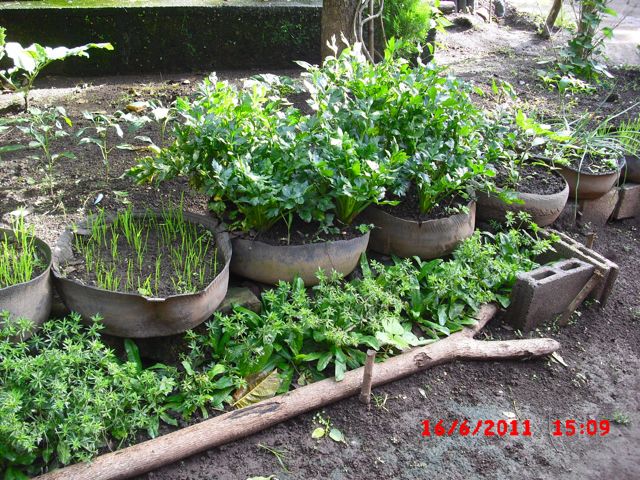In December 2017, Brian Ndyaguma, a young project manager and entrepreneur with several years of experience in business development and acceleration as well as with innovation hub management in Uganda, spoke at a seminar at SLU about vertical urban farming in Kampala, Uganda.
Urban centers in low income countries go through an explosive human population growth. The resulting high levels of unemployment and issues with adequate food supplies, require an appropriate response. Kampala alone needs around 3,000 tons of food per day to feed its population. While cities may not easily be regarded as production centers for food, they do offer opportunities for creating gainful employment in agriculture. In fact, urban farming scattered around Kampala and its suburbs is growing and contributes around 35% of the food that comes to the city.
Urban and peri-urban farms can be easily managed and there is good access to high end markets, so youth participation in urban farming is increasing. But there are challenges: most urban farmers are growing food for subsistence purposes, live in unhealthy environments (e.g. sharing small plots of land with plants and animals), use poor/non-organic farming practices, have poor post-harvest handling methods, lack business management skills and knowledge of the value chains to improve their output.
